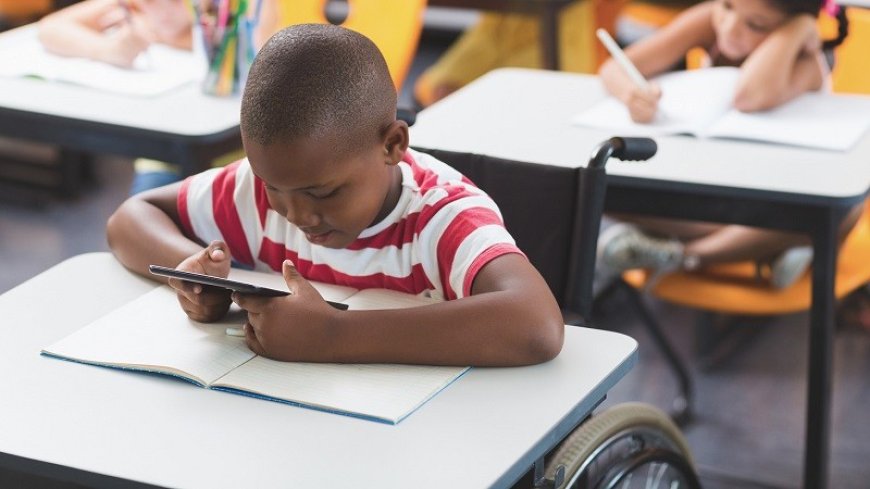Talking about illness or disability with children
Finding the right words, the right time, the right distance to talk to your child about their illness or disability is not particularly easy.

Finding the right words, the right time, the right distance to talk to your child about their illness or disability is not particularly easy. As parents, you may be helpless when faced with your child's questions or emotions.
Discuss the illness or disability with the child concerned
It is important that you are ready and available to talk to your child about this Subject which can be painful.
The sick child or child with a disability remains above all a child, and he needs to be recognized as he is and not only according to his deficiency or incapacity.
We too often tend to erase the child behind a diagnosis when he has an identity outside of it.
It is reassuring for him to be reassured about his abilities, his achievements, his progress and the ties that unite you.
You can also remind him that his life is not limited to his room or his medical appointments, but that he will be able to continue his life as a child: see his friends, go to school, have activities ¦ Admittedly, this may require adjustments and reorganization to adapt to his new rhythm of life.
Let's try to think that a child does not have the same fears, questions, anxieties as an adult. So let him ask us the questions he asks himself, at the rate at which he asks them. To give an example, a child not necessarily immediately worried about his future, what matters to him is his quality of daily life. An adult will often have concerns about the future of a child with an illness or disability.
To help you, you can also ask him to explain what he knows/knows about his illness or disability and thus adjust your answer. This will also allow him to put words on what he feels, on his emotions.
Your child can also look for answers and information on his own without asking you. He may choose not to tell you everything and confide in someone he trusts.
If you feel in difficulty, this may be an opportunity to call on those around you, someone outside the family or a professional, and offer your child personal support. To facilitate the discussion, you can use media such as a book, a short film, a documentary, testimonials...
Talking about illness or disability with siblings
The brothers and sisters of the sick or disabled child need attention and truth. It is important to explain the illness or disability of their brother or sister but also to simply state the repercussions on family life. This will allow them to better understand why you are spending more time with this child.
It can also be an opportunity for siblings to talk about how they feel. You can also plan a time, an activity¦ with each of them. With the little ones, a book can facilitate dialogue and understanding of disability.
Siblings may also need to talk about what they are going through at home with other affected young people. There are "sibling" groups that offer a space for words in associations, camps...
Keep in mind that rivalry, conflict between Brother and sister is present in any sibling relationship. It also appears when one of the brothers or sisters is sick or disabled. Seeking to ban them would distort the bond that has woven naturally in siblings.
Talk about illness or disability with all children
The reception of all children, whether in a crèche, at school. In the leisure centre, with a childminder¦ is a fundamental right which is based on various legislative and regulatory texts.
Raising children's awareness of difference allows them to freely express their questions. Break down prejudices, think together... and change their view of disability.
